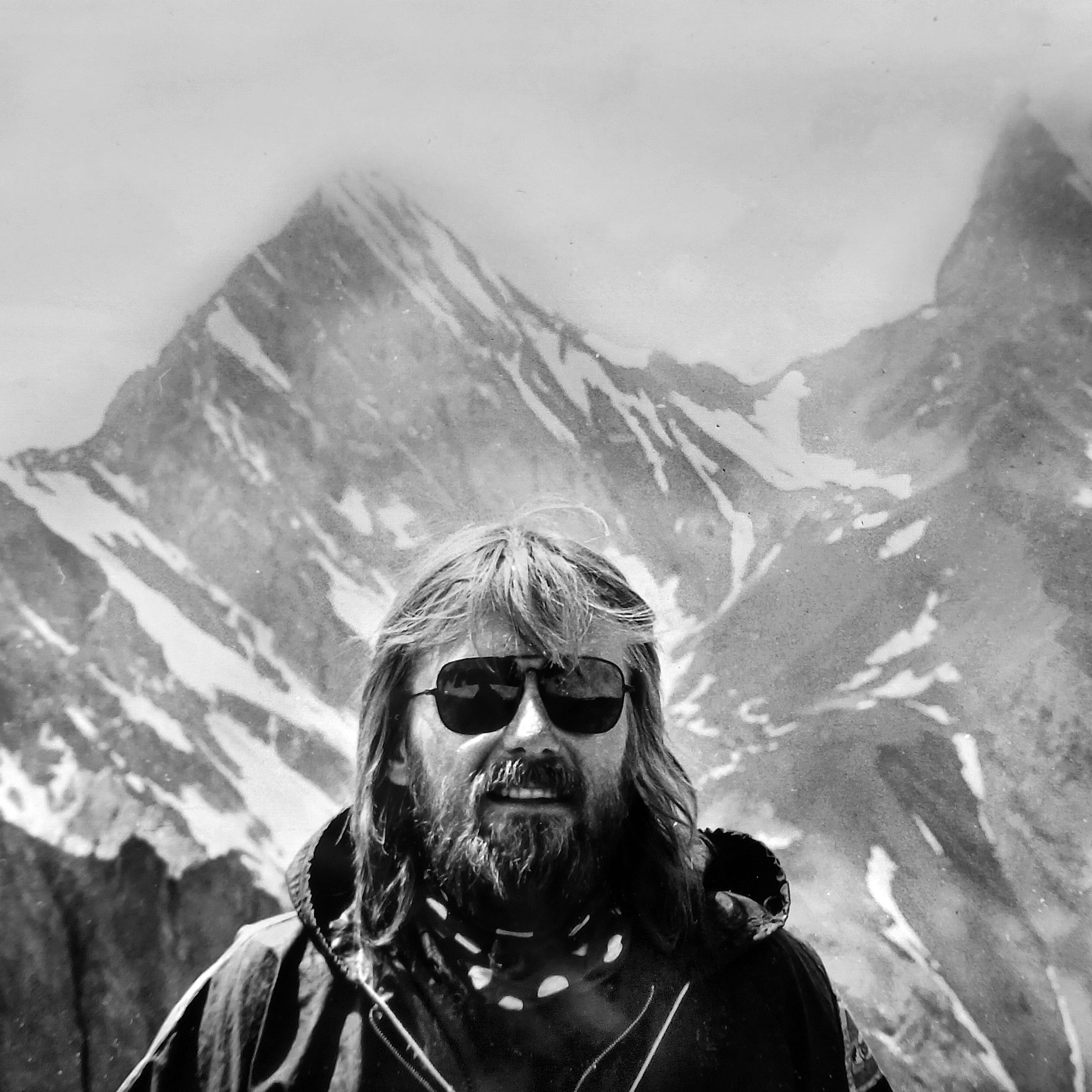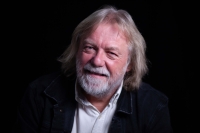When you’re heading somewhere, fate always shows you the right people

Download image
Sculptor Václav Fiala was born on 11 January 1955 into the family of an engine driver in Klatovy. At the end of the 1960s, at the time of the re-establishment of Scouting, he was a member of the Šipka group in Klatovy. Together with other friends, after the organization was dissolved, they secretly built a hut “koliba” on the site of the former Scout camps. Because of this building he was investigated by State Security. After studying at the Secondary Professional School of Applied Art, he worked as an exhibition designer at the Mladá fronta publishing house. In the 1980s he made several trips abroad - India, Tajikistan. In 1989, he co-founded the ’U Bílého jednorožce‘ [At the White Unicorn] Gallery in Klatovy. After the Velvet Revolution he devoted himself fully to artistic work, he is known especially for his sculptures in public space in the Czech Republic and abroad. He is also a publisher (Kovalam, Hangar F).

